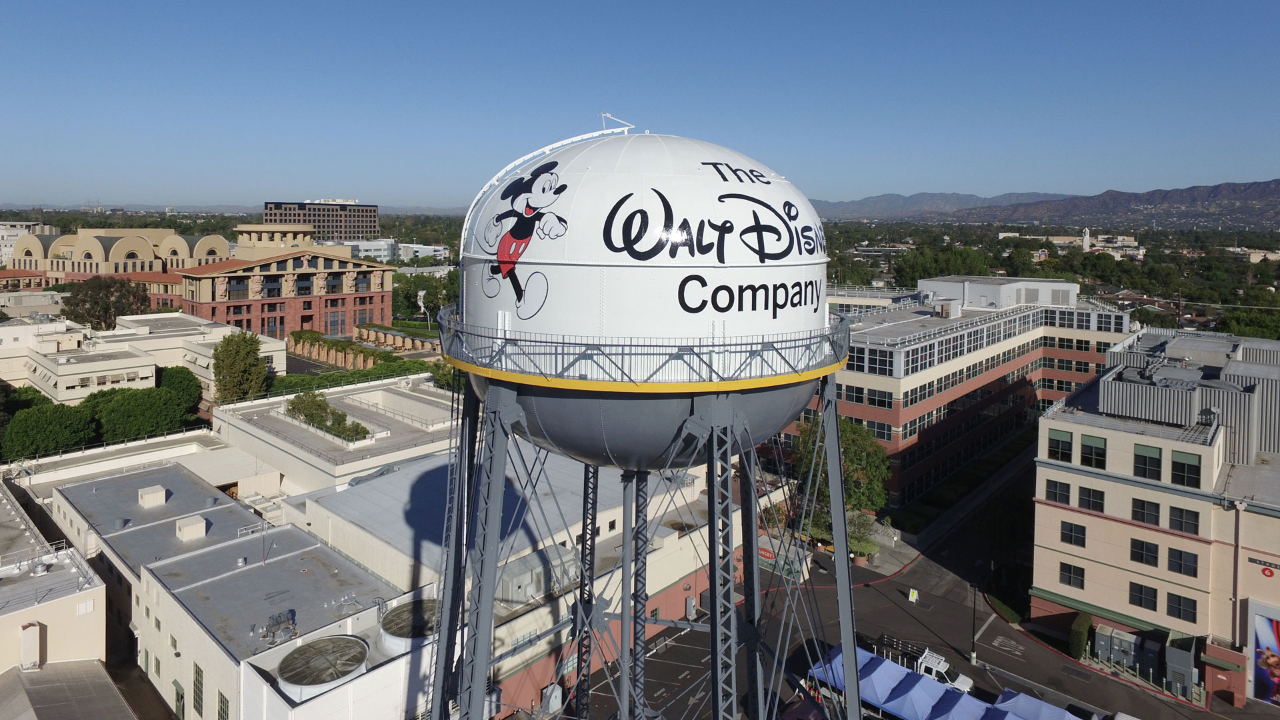Blackwells Capital officially launched its proxy fight for seats on The Walt Disney Company’s board of directors today. It released its definitive proxy statement in which it made the case for its three board of directors nominee and also floated the potential of idea of splitting up Disney. The strategy of Blackwells Capital appears to be that of building on the current Disney board through expansion, rather than replacement. Blackwells Capital also argues that Trian Partners does not have the right approach for the future of Disney. This means that there are now three different stances for the future of Disney and its board of directors. Disney has made its stance quite clear with its board of directors nominees and its guidance for shareholders.
For Blackwells Capital, the approach is to add its three nominees to the board and then expand the board size by three and retain all of Disney’s nominees as well. It believes that this would add more ideas and experience to Disney’s board.
“Jessica Schell, Craig Hatkoff and Leah Solivan bring invaluable expertise and experience to Disney’s Board as it faces the challenges and opportunities of a generational transformation. Voting for Blackwells’ nominees will ensure the Board has the support it requires across critical areas: media and content, real estate and asset optimization, and the proficiency to guide Disney through a new world where Physical, Spatial Computing and AI-driven Experiences converge,” said Jason Aintabi, Chief Investment Officer of Blackwells.
“Only two of Disney’s non-executive directors have significant media experience, and, as a whole, the Board lacks the qualifications that our candidates possess. The Trian nominees, for their part, are uninspiring; Mr. Rasulo is a former Disney employee who plainly lacks relevant expertise. Mr. Peltz has spent the last two years begging Disney for a Board seat, and seems to focus his efforts on soliciting endorsements from Elon Musk- who doesn’t own a single Disney share, and is aggrieved at Disney for withholding advertising dollars from his struggling social media platform. These are not winning strategies for Disney Shareholders,” concluded Mr. Aintabi.
Blackwells Capital not only has suggestions for Disney’s board of directors. It also came up with the idea of potentially splitting Disney’s real estate holdings into a separate company. In a letter to Disney shareholders, Blackwells Capital says, “Disney could separate its owned real estate, which represents approximately 44% of its market capitalization at cost, into an independent publicly listed REIT or a series of investment vehicles in which the shares, cash and/or interests could be distributed to shareholders.”
The letter continues by arguing that its nominee Craig Hatkoff could help look at the future of Disney and any divisions of the company in a strategic way with “cold eyes.” Another possibility that is floated is “potential separation of Disney into three entities, beginning with a management reorganization and leadership selection for each business and resulting in standalone public companies.” Blackwells Capital believes that The Walt Disney Company is “too complex for any one successor to Mr. Iger to manage holistically.”
While Blackwells Capital recognizes Disney’s potential moving forward, it also believes that the board has gaps and should be more focused. It argues that shareholders should vote with the green proxy card. Disney argues that shareholders should utilize the white proxy card. The future of what Disney’s board and future will look like will be determined on April 3, 2024 at its annual shareholder meeting.
What do you think of this development in the proxy fight for Disney’s board of directors? How do you think it should play out? Share your thoughts and opinions in the comments below!

